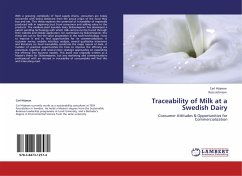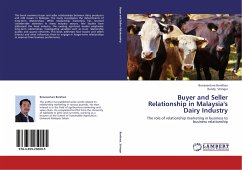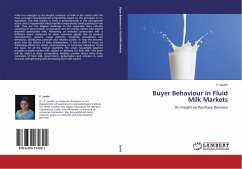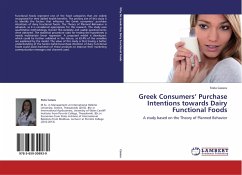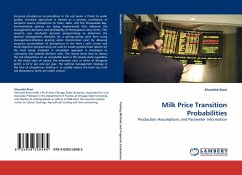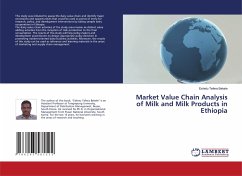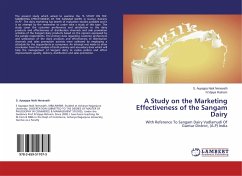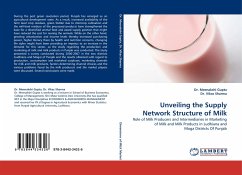With a growing complexity of food supply chains, consumers are today concerned with being distanced from the actual origin of the food they buy and eat. This thesis explores the potential of traceability of regionally produced milk in regaining trust from consumers and adding value to the products. The medium-sized Swedish dairy Skånemejerier has developed a patent pending technology with which milk cartons can be traced through their website and mobile application. On commission by Skånemejerier, this thesis sets out to find the value proposition in the novel technology - how to improve it and to find opportunities for its commercialization. A customer survey, website interface analysis, several qualitative interviews and literature on food traceability constitute the major inputs of data. A number of practical opportunities for how to improve the offering are presented, together with several more strategic approaches on expanding the offering into business models. This book wasoriginally written as a Master's thesis for Skånemejerier, but any marketing and communications professional with an interest in traceability of consumables will find this and interesting read.
Bitte wählen Sie Ihr Anliegen aus.
Rechnungen
Retourenschein anfordern
Bestellstatus
Storno

